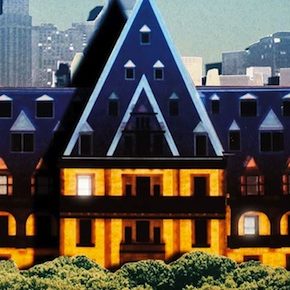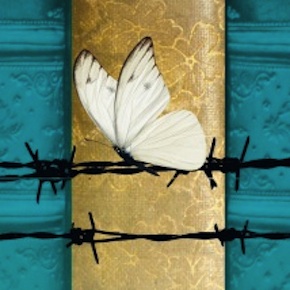
Polar bears in Auschwitz
“When I was in second grade, I found a piece of paper on my desk with the words, ‘You are a Jew’. I went home and asked: ‘Mum, what is a Jew?’ She explained that people have different religions, Christians, Protestants and Jews in Czechoslovakia. I said: ‘And we are Jews?’ The answer was a...
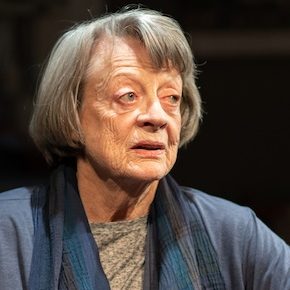
A complex complicity
“I’ve forgotten such a lot. Most of it, really. Certain things stick of course, although I’ve no idea why. I don’t understand how it works. I read something and then I go across the room to check what’s for dinner and completely forget what I’ve just read. I think, wait a minute, I’ve only just...

Man the measure
Back in the roaring Sixties and Seventies, literary criticism and especially the philosophy of literary aesthetics and of socio-political analysis through literary texts acquired a distinctly ‘cool’ status. At last, academia was coming out of the dusty cupboards, climbing down from its ivory towers and marching into the streets arm in arm with the most...
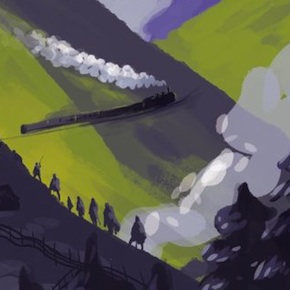
A paean to the death of Central Europe
Józef Wittlin, like Homer’s Odysseus whom he so much admired, was a man of many minds, human experiences, geographical and national homes. Born in Galicia, then part of the Austro-Hungarian Empire, he would come to be hailed as one of the most important voices of a new-born independent Poland. A Jew by birth, a Christian...

Visions and monsters
The Monstrous Child, which has just completed a very successful run at the Royal Opera House’s Linbury Theatre, is one of the first and most audacious examples of a new genre: highly evocative classical opera especially written for teenage audiences. Adapted from the YA novel of the same name by Francesca Simon with music by...
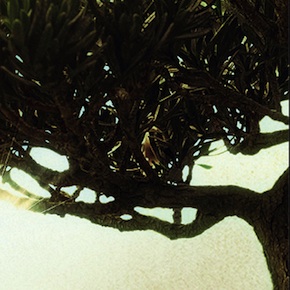
You didn’t understand…
In May 2016, Gresham College in London hosted a symposium on the subject of ‘Cultural Heritage and War’. Chaired by Professor Tim Connell, it featured Sir Derek Plumbly, speaking on British and American policy and the temporal lapses between historical awareness and political action, Dr Elisabeth Kendall, discussing ‘poetry as war’, ‘poems as swords’, and...
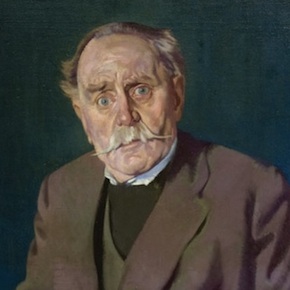
Love, judgement and forgiveness
“Children begin by loving their parents. After a time they judge them. Rarely, if ever, do they forgive them”, said Lord Illingworth to Mrs Arbuthnot in A Woman of No Importance. It is perhaps one of Wilde’s most chilling aphorisms, as much a witticism à clef, as it must have felt like a presentiment and...
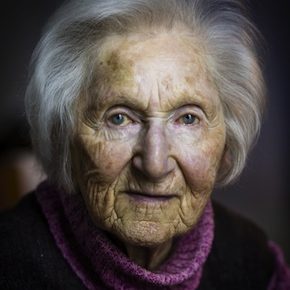
“I remember a macabre joke…”
“The witnesses of the Holocaust are old and nearing death. The murder of 6m Jews… will soon be history, not memory… The new horror is that this Everest of evidence [that now exists on Nazi Germany and the Final Solution] may not be working as a warning,” wrote Bryan Appleyard on 20 January 2019 in...
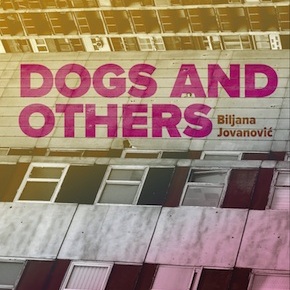
A death in the neighbourhood
Biljana Jovanović’s Dogs and Others is strong medicine. It depicts a young person’s attempt to ‘invent her childhood’ and ‘liberate her memory’ while she negotiates a bohemian, urban existence in Yugoslavia in the 1970s; it is more than graphic, and painful, and awkward at times: it is a tale of catastrophe, really and truly annihilating...
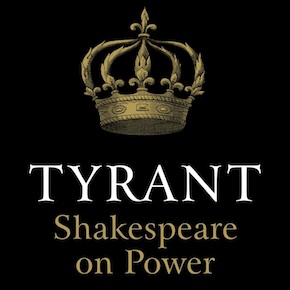
Black is the badge of hell
“Black is the badge of hell / the hue of dungeons and the school of night,” laments Ferdinand, King of Navarre in Shakespeare’s Love’s Labour Lost. Some versions of the text offer scowl, style or suit instead of school, and one is tempted to think that Stephen Greenblatt would have boldly and keenly pressed for...
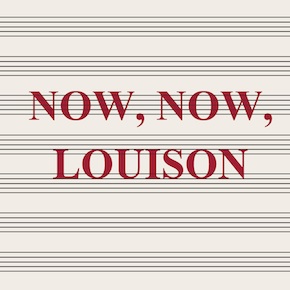
The genius of too much and too little
“They call them sculptures because they’re made of marble or iron or wood, but they’re really yarns, brief stories from the past that got stuck in your throat, pills that wouldn’t quite go down; you blurt them, mumble them, ruminate over them. And then they show them in Paris.” Whether narratives of an inner life,...

